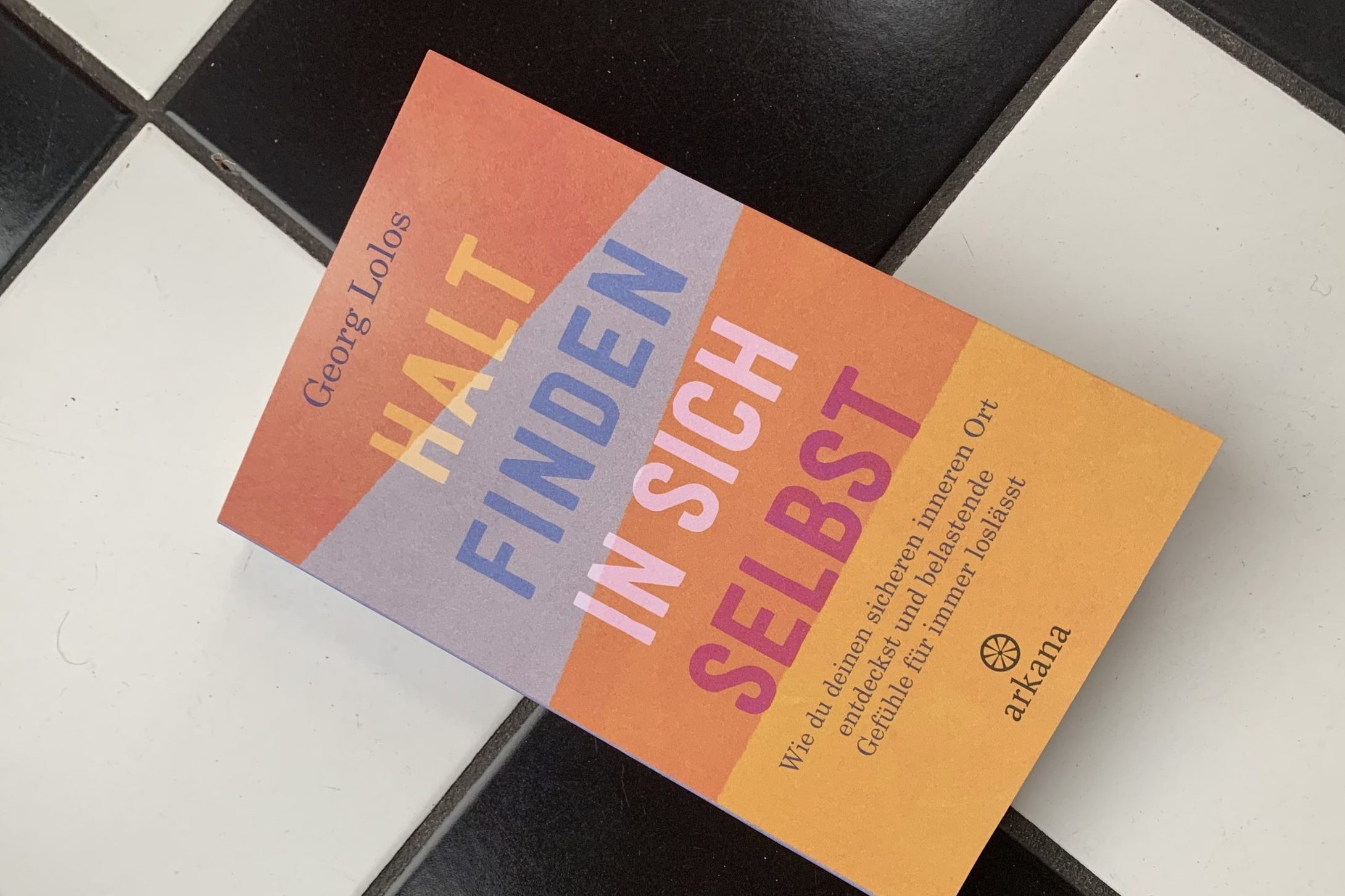“Does anyone want to do a round of introductions?” – This is a question that is never asked at the beginning of a workshop or seminar. Instead, the round of introductions seems to be an essential requirement at events. Everything starts with the round of introductions. There are no two ways about it.
In practice, it looks like this: Participant 1 states his name, says what he does at the company and what he expects from the event. Participant 2 is next. With regard to his expectations, participant 3 says: “It’s hard to add something new” or “I agree with the others.” By the time it’s participant 5’s turn at the latest, all the other people in the room have fallen asleep, in a truly professional way, of course.
One person talks and no one listens – we are all professionals when it comes to this
We have already tried and tested this behavior in school. When the teacher tested Klaus on his vocabulary, we realized that no other student would get a turn, as long as we pretended to listen. We can all sleep exceptionally well with our eyes open. In the process, we look interested and yet have mentally checked out. We get better at the things we practice.
A familiar scene in workshops these days: One person says his name and what he expects to happen. He is usually already familiar with both of these facts. He learns nothing substantially new as he speaks. But those to whom this information might be new are not listening, because they have switched off mentally. This is repeated 6 or 16 times, depending on the size of the group. What a pointless waste of precious time. That’s why, for many years, I’ve always started my events by saying – “I’m not going to do a round of introductions or ask about your expectations – unless anyone would like me to?” For the past 10 years, not a single person has ever answered “yes” to that question, so I’ve started skipping that too. I like efficiency. It seemed like a good idea to me – until recently.
Challenging your own ways of doing things – normal!
A few weeks ago, I facilitated a workshop with the management team of an industrial company. It was about the onboarding process of a new managing director. Onboarding at this level is a fascinating affair. The expectations placed on the managing director are high, as are the salary increases in many cases. Still, many managers think very carefully about leaving their current position for another and taking a new risk. Failure at this level is always accompanied by a major downfall. Many managers therefore have their contracts stipulate that their salary will continue to be paid for a longer period of time even if they have to take their leave prematurely. This makes failing to successfully onboard a top manager a costly affair for the company. A workshop like this therefore needs to be well prepared. I had one-on-one meetings with each of the gentlemen in advance, and sent them the concept based on it a few weeks before the workshop. There were a few requests for changes, which I incorporated to the best of my ability. All under control!
Or maybe not… The workshop went OK-ish. Although I did receive positive feedback afterwards, there was also some criticism of my method of working. My customer kindly reported all of this back to me by email. I took every point of criticism seriously and dealt with it professionally. It is part of my understanding as a consultant to constantly question my approaches. Completely normal! Nevertheless, one of the points made me hit the roof.
How dare he?
One suggestion, which no doubt was meant to be constructive, was: asking participants about their expectations beforehand would have helped to steer the day in a different direction.
- ASKING PARTICIPANTS ABOUT THEIR EXPECTATIONS!
- He wants to tell ME, someone who has been doing workshops for 25 years, that I should have asked participants about their EXPECTATIONS!
- What does he think I did in the preliminary meetings for the workshop?
- What a jerk!
- He doesn’t have a clue!
- How dare he?
I never felt closer to Bayern Munich’s former manager Giovanni Trappatoni than at that moment. The Italian coach is well remembered by German fans for an emotional outburst in broken German during a press conference in 1998, during which he said the famous words “Was erlauben?”, which roughly translate to “How dare he?”. And so 12 years of mindfulness training went down the drain because of one email. There she was again – Kalashnikova! I’m still really good at being angry. So many years of practice.
The angry mindfulness expert
And I admit, even a week after this email, anger kept boiling up inside me. I tried various tips that I also give to my coachees:
- “Take three deep breaths.” – “But I can’t just breathe this away!”
- “Take a walk around the block.” – “Fine, I’ll do that, but as soon as I am back at the computer, I’m back to where I started.”
- “Remember: The past is the past, you can’t change it!”– “Nevertheless, I’m still angry!”
- “Sleep on it for a night.” – “Sleep – what’s that again?”
Somehow, nothing really helped. This in turn made me even more annoyed, after all, as a mindfulness expert, I really should be better at this. Goddamn it!
Mindfulness means impulse control
As luck would have it, a few days later I had the opportunity to talk to two experts I respect greatly. On Sunday I attended the premiere reading of mindfulness teacher Georg Lolos‘ new book “Halt finden in sich selbst” [Finding support within yourself]. In this book Georg lists 13 questions that, if you meditate on them consistently, lead to more clarity and inner peace. It was a wonderful reading, during which we also meditated and chanted together. But I was particularly moved by a story that Georg had experienced at the Plum Village Monastery. There he had learned, among other things, that an important aspect of mindfulness practice is impulse control. In meditation, a person practices resisting impulses such as the desire to scratch when it itches or to ignore pain. In some orders, it is traditional for prospective monks and nuns to wear three small lighted candles on their heads during their initiation ceremony into the order. They do not respond to the pain they feel when the flames burn into their scalps and will have fingernail-sized burn scars from this ceremony for the rest of their lives.
Even masters in self-control sometimes lose it
George had befriended a monk who had attended this ceremony, a master in impulse control. But when the latter first tasted Georg’s sheep’s cheese, a special delicacy that Georg’s Greek mother had sent to the monastery, the monk was so repulsed by its taste that he spontaneously spat it out. He could bear the pain of burning candles on his head, but not the taste of feta. According to George Lolos, our job is to “lovingly accept this loss (of self-control)” (p. 76).
I began to relax. If even a monk loses self-control every now and then after years of practice, then I guess it’s okay if I inwardly rant and rave for a few days. No one is born a master, and hopefully I have a few more decades to practice composure and equanimity. I will get there in the end, or, to quote high-performance coach Matt Griggs – “Be kind to yourself.”
Speaking of Matt. Yesterday I attended one of his monthly advanced sessions. Time to connect with like-minded people and reflect together. Can there be a better way to start the week? Someone in the meeting asked what he should do because one particular person in his environment kept trigging him. Matt asked –
“What is it that you want from him that you are not getting?”
What a wonderful question! What was it that I wanted and wasn’t getting from the CEO when he remarked that he would have liked me to ask the participants about their expectations? I knew immediately what was going on. Deep beneath my anger at the suggestion was a desire – “tell me I’m a good consultant.” So it was about recognition. Recognition, according to Georg Lolos, is something that is particularly important to our ego, along with control, consumption, and dominance. If one of these desires is not met, our ego makes us do the strangest things. In my case, the unfulfilled desire for recognition deprived me of sleep at night and made me seethe with rage. Identifying expectations was basically feta cheese for my ego.
I don’t need anything and my ego only wants the best for me.
In the meeting, you could tell something was going on inside the participant who had asked the question about being triggered.
Matt pushed further – “What do you really need?”
Silence.
Matt – “You don’t need anything from him. Nothing at all.”
I laughed with relief. I don’t need anything at all from the CEO, who, by the way, I found perfectly pleasant and consider to be very intelligent. My ego, however, is afraid that I am not good enough. The scoundrel always finds an opportunity to inflict this fear on me. And it only means well, it only wants what’s best for me.
But who decides what is good for me? My ego or me?
Dear ego, relax. I certainly don’t do everything perfectly, but I’m constantly learning. And one thing I know for sure is that asking others about their expectations makes no sense to me, just like the monk couldn’t understand why feta cheese was supposed to be a delicacy. Some people love some types of cheese, but not others. As simple as that. And everyone is allowed to have their opinion. PEACE!



